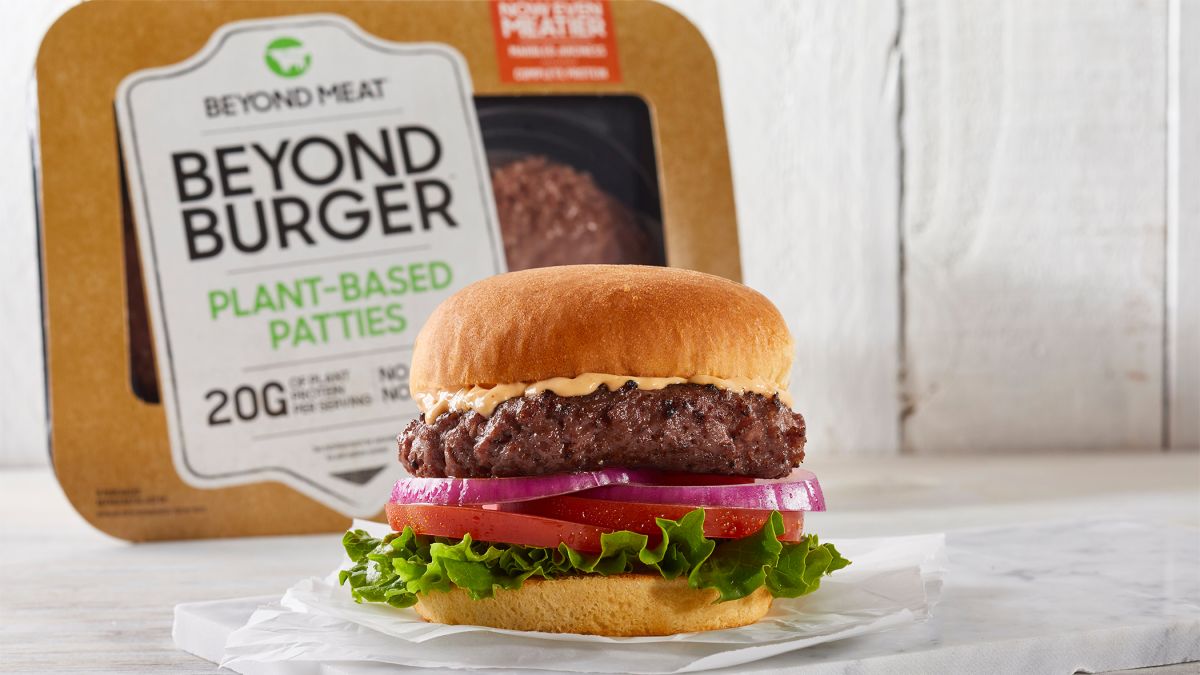For my last blog post this term I wanted to talk about Biden’s Build Back Better Plan and what it means for the future. With the election of President Joe Biden, there has been renewed hope in the fight for climate action. President Biden has rejoined the Paris Climate Accords, a set of nationally determined contributions (NDC’s) that are revised every couple years at the Conference of Parties (COP) where countries come together to negotiate and check in which each other on their climate targets. But on top of rejoining Paris, President Biden has passed an unprecedented $2 trillion dollar COVID-19 relief bill and is proposing another $2 trillion dollar infrastructure renewal plan. This is significant in that the scale is unprecedented, similar to the New Deal proposed by President Roosevelt after The Great Depression…. and it is a real possibility. Both Houses of Congress are controlled by the Democratic Party and will therefore have a high likelihood of being passed.

Source: LA Times
Although infrastructure doesn’t automatically link you to climate change, nor does it sound too exciting, these proposals have enormous stipulations that are linked to green infrastructure. On top of that, there will be millions of direct and indirect jobs that will be created as a result. What this green infrastructure will look like specifically is making buildings more energy efficient, re-tooling jobs for the future as the shift away from coal intensifies, and increasing the efficiency of the electric grid, especially for electric vehicles. This long due investment into infrastructure is much needed, there are communities in America that do not have clean access to drinking water, stable wi-fi, and a reliable power source. This plan will not only boost the American economy but will also create benefits that will flow into Canada, given the interconnectedness of the North American economy.
This plan sounds great for the environment, but at the end of the day it’s a plan and is only in the beginning stages. One can only remain hopeful as we see what happens over the next 4 years of the Biden presidency.

